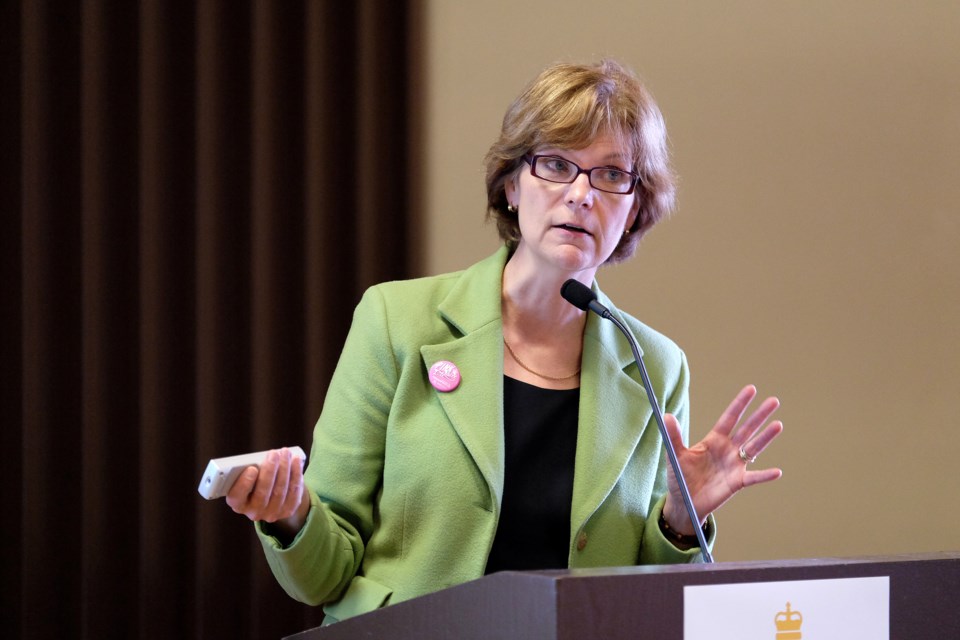Contrary to the apocalyptic predictions of a “silver tsunami” sweeping our province, country and planet, seniors today and into the future are very much in the minority. Currently, 82 per cent of British Columbians are under the age of 65 and at the height of our shifting demographics (2031), three out of four of our citizens will still not be claiming old age pension or free ferry fares.
Yet, despite the reality of the numbers, we persist in painting seniors as a “problem to be solved” or a “cost curve to be bent.” How must it feel to be labeled as a “burden” to society?
Far from being a burden, when we look at the numbers, seniors are contributing to society by working, volunteering and paying for a number of their health-care services.
The number of people working beyond the age of 65 is growing.
In fact, the fastest-growing number is for those age 70-plus, who are still engaged in the paid labour force. Seniors contribute the highest number of volunteer hours per person of any age cohort.
Less than five per cent of seniors and only 15 per cent of those aged 85 and older use publically-subsidized long-term care and, even then, we take 80 per cent of their net income to offset the cost.
Need help at home? Well, if you live in B.C. and earn over $24,000 a year expect to pay for a good deal of this “health” care yourself. Even our emergency departments, which are often painted as being over-run by seniors, are still dominated by patients under 65. Only six per cent of emergency department visits are by people aged 85 and older.
At nearly every turn, the reality of the numbers contradicts the pop culture narrative of the impacts of seniors in our society. Perhaps nowhere is this more relevant than when we examine the issue of dementia.
On any given day in British Columbia, 20 per cent of those aged 85 and older will have a diagnosis of dementia.
Let’s look at this another way: 80 per cent or eight out of 10 people aged 85 and older do not have a diagnosis of dementia.
Of course, the absolute number of people with dementia will increase as the total population increases, but there is no evidence to suggest that the likelihood of developing dementia is increasing (in fact some evidence points to the reverse, but it’s early days, so let’s not get too excited). Yet, think about how quick we are to label certain behaviours in an 80 year old as “this might be the beginning of…”
Let’s celebrate a group of people who bring wisdom, experience and lifetimes spent contributing to our province’s coffers and who, for the most part, continue to live independent, self-sufficient lives, knowing who they are and what they want and always at the ready to lend a helping hand when needed.
Isobel Mackenzie is the seniors advocate for B.C.



